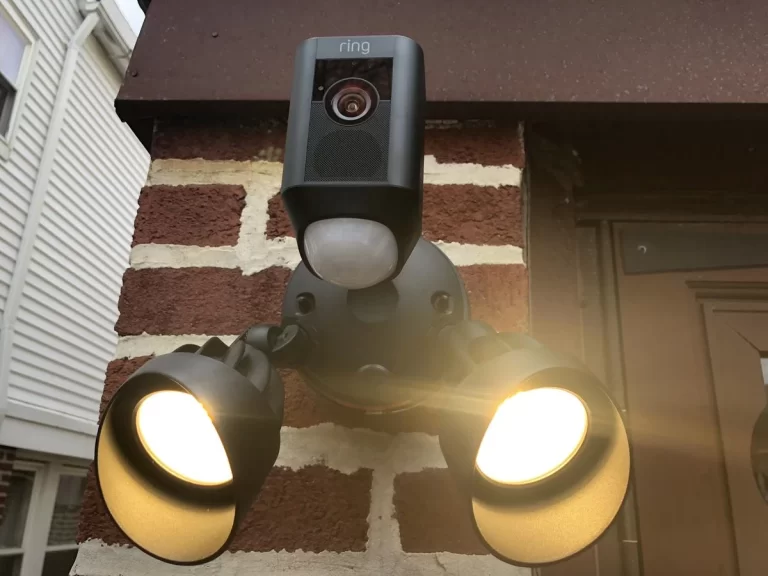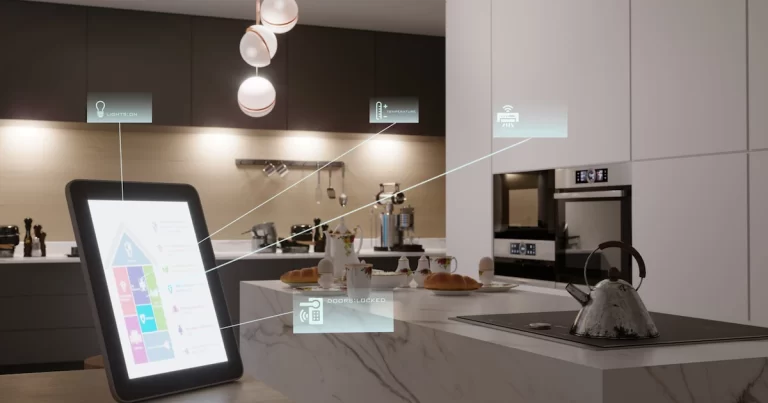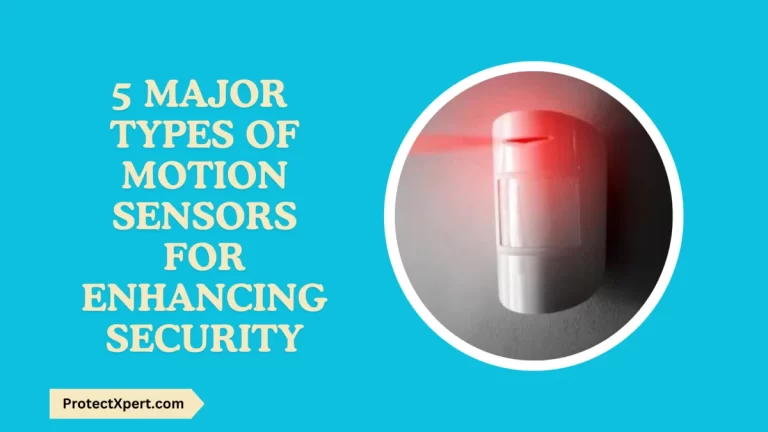Home Alarm System Installation: A Step-By-Step Guide
Welcome to our comprehensive guide on home alarm system installation. In today’s world, installing a home alarm system is an effective way to protect your property from potential threats and provide you with peace of mind.
In this step-by-step guide, we will walk you through the entire process of installing a home alarm system, from planning and preparation to the final setup.
Section 1: Understanding Home Alarm Systems
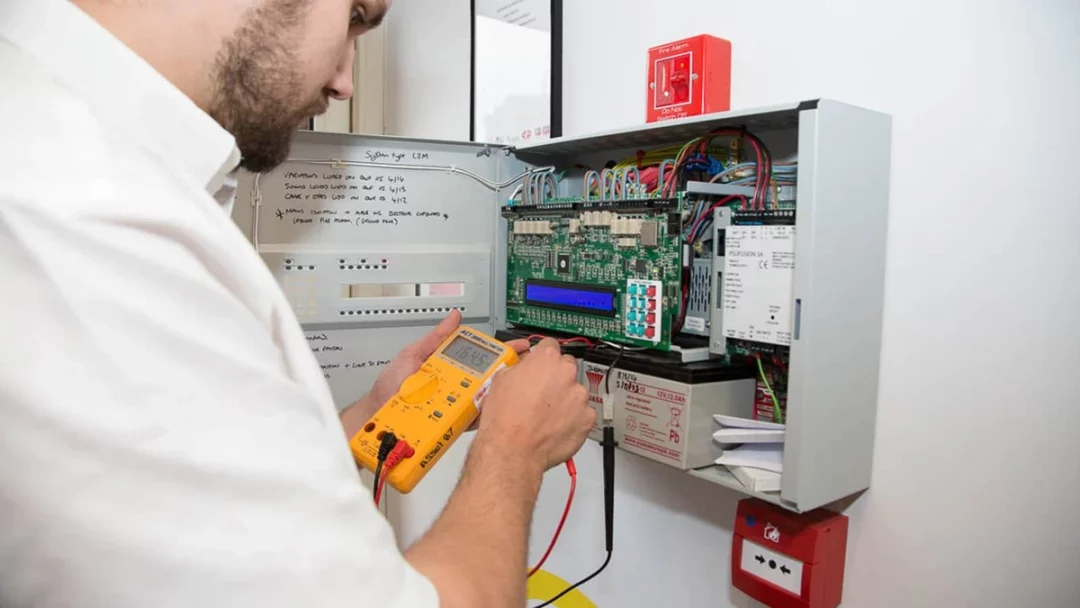
Before diving into the installation process, it’s crucial to have a solid understanding of home alarm systems. In this section, we will explore the different components of a home alarm system and their functions.
1. Control Panel
The control panel acts as the brain of the alarm system. It receives signals from various sensors and triggers alarm responses when necessary. It also allows you to arm and disarm the system.
2. Sensors
Sensors are the eyes and ears of your alarm system. They detect specific events or conditions and send signals to the control panel. Common types of sensors include door/window sensors, motion detectors, and glass break sensors.
3. Keypad
The keypad is used to interact with the alarm system. It allows you to enter security codes, arm or disarm the system, and access additional features.
4. Siren
The siren produces a loud sound when the alarm system is triggered. It serves as a deterrent to potential intruders and alerts occupants of a possible security breach.
5. Monitoring Service
Some alarm systems offer professional monitoring services. In the event of an alarm activation, the monitoring service will be notified and can dispatch emergency responders if necessary.
Section 2: Planning and Preparation
Now that we have a basic understanding of home alarm systems, let’s move on to the planning and preparation phase. This stage is crucial for a successful installation and ensures that you have all the necessary equipment and information.
1. Assess Your Security Need
Start by evaluating your home’s security needs. Identify vulnerable areas such as doors, windows, and other potential entry points. This assessment will help you determine the number and placement of sensors required.
2. Research Alarm System Options
There are numerous alarm system options available in the market, ranging from basic DIY kits to professionally installed systems. Research different brands, features, and pricing to find the system that best suits your needs and budget.
3. Choose a Location for the Control Panel
Select a central location in your home to install the control panel. It should be easily accessible and away from potential hazards or interference.
4. Measure and Plan Sensor Placements
Measure the dimensions of doors and windows to ensure accurate sensor placement. Create a plan indicating the location of each sensor, keeping in mind the coverage area and potential blind spots.
Section 3: Installing the Home Alarm System
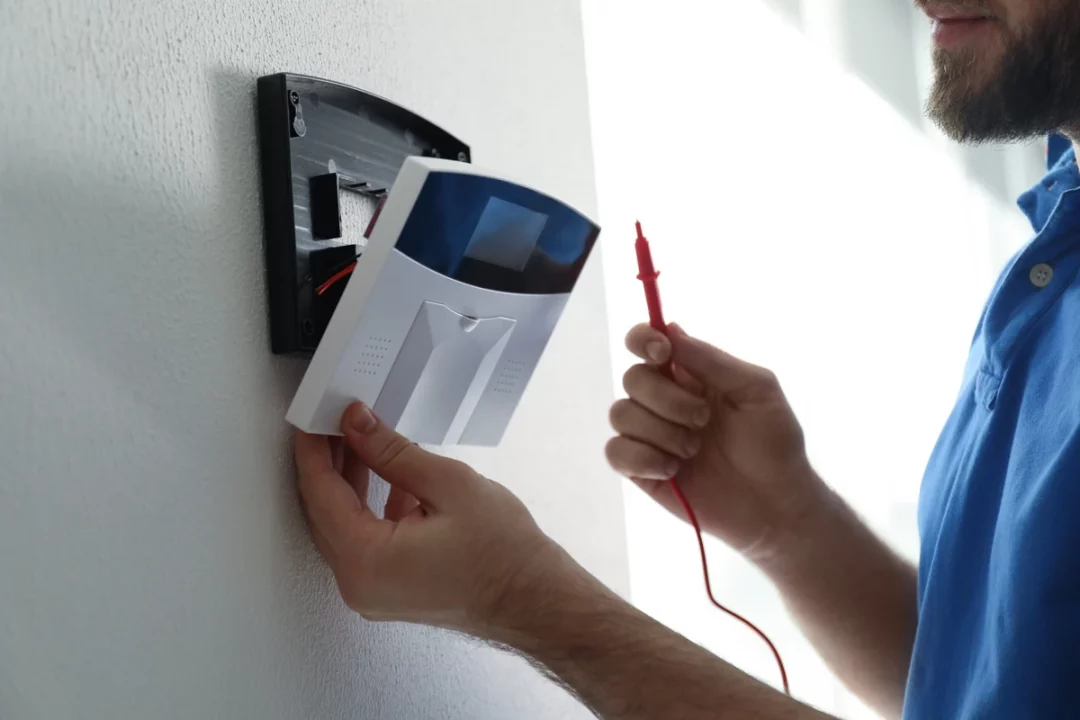
Now that you’ve completed the planning phase, it’s time to install your home alarm system. Follow these step-by-step instructions to ensure a smooth installation process.
1. Mount the Control Panel
Using the provided mounting bracket, attach the control panel to the wall in the chosen location. Make sure it is securely fastened and at a comfortable height for easy access.
2. Install Door/Window Sensors
Begin by installing door/window sensors. Clean the surface where the sensor will be placed and use adhesive or screws to secure it. Ensure proper alignment with the magnet on the door or window frame.
3. Position Motion Detectors
Place motion detectors in strategic locations to cover large areas. Mount them at a height of 6-8 feet and angle them downward for optimal coverage. Test the detection range to avoid false alarms.
4. Connect the Control Panel
Follow the manufacturer’s instructions to connect the control panel to a power source and your home’s telephone line or internet connection, if applicable.
5. Test the System
Once the installation is complete, test the entire system to ensure proper functioning. Arm the system and trigger each sensor to verify that the control panel receives the signals and activates the alarm accordingly.
Conclusion
In conclusion, installing a home alarm system is a proactive step towards securing your home and ensuring the safety of your loved ones.
By following this step-by-step guide, you can confidently install a home alarm system, whether you choose to do it yourself or hire a professional.
READ ALSO!!!


